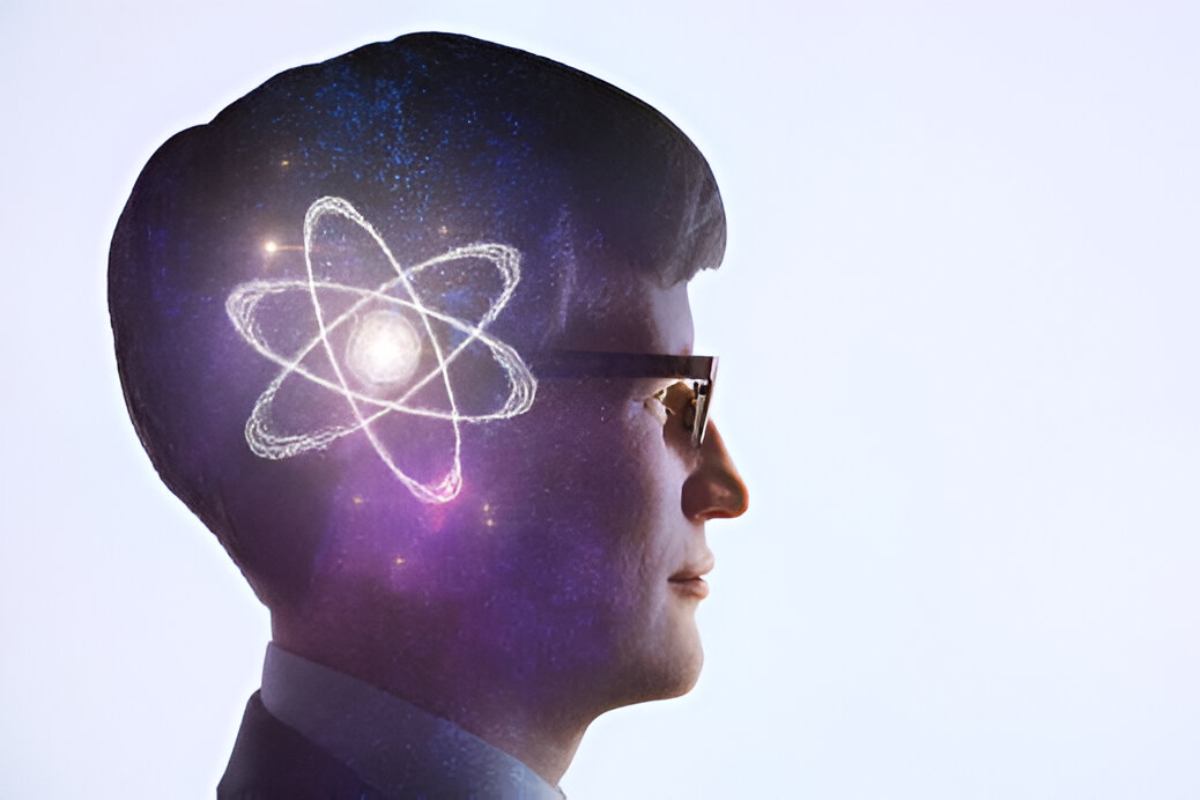In recent years, there’s been a significant shift in how we understand and treat mental health. Once considered separate disciplines, ancient mindfulness practices and cutting-edge scientific advancements are now coming together in meaningful ways. This intersection is helping people access deeper healing, emotional clarity, and long-term resilience through approaches that value both inner awareness and medical innovation.
The Roots of Mindfulness
Mindfulness has long been a cornerstone of Eastern spiritual traditions, particularly Buddhism. At its core, it involves paying attention to the present moment without judgment—observing thoughts, emotions, and bodily sensations as they arise and pass. Practicing mindfulness has been shown to reduce stress, enhance concentration, and improve emotional regulation.
But this isn’t just spiritual advice anymore. As mindfulness has entered mainstream health culture, researchers have begun to explore its benefits with scientific rigor. It’s now a well-established technique used in therapy for anxiety, depression, addiction, and even chronic pain.
How Science Validates the Practice
What once seemed abstract or spiritual is now being measured and verified in labs and clinics around the world. Through functional MRI and other brain imaging technologies, scientists have observed that mindfulness can physically change the brain. The amygdala, a region associated with fear and emotional reactivity, tends to shrink with consistent practice. Meanwhile, areas related to awareness, decision-making, and empathy—like the prefrontal cortex—grow stronger and more active.
These findings don’t just show that mindfulness is helpful; they explain why it works. They offer concrete evidence that paying attention to your breath or sitting in silent meditation can bring about real, lasting changes in how your brain functions.
The Role of Ketamine in Mental Health Care
While mindfulness helps many people, it’s not a one-size-fits-all solution. For those facing severe depression, PTSD, or other mental health challenges that haven’t responded to traditional treatment, emerging therapies are offering new hope. One of the most promising is ketamine therapy.
Ketamine, once used solely as an anesthetic, is now recognized for its powerful antidepressant effects—particularly for treatment-resistant cases. Unlike SSRIs, which can take weeks to build up in the system, ketamine often provides relief within hours. It works by targeting glutamate receptors in the brain, promoting rapid neural growth and helping to break negative thought cycles.
Blending Mindfulness with Medical Innovation
Perhaps the most exciting development in mental health is the integration of mindfulness and advanced therapies like ketamine. Retreat centers are now creating immersive healing environments where both practices work hand in hand. A ketamine therapy retreat like Daydream MD offers individuals the opportunity to undergo ketamine-assisted therapy in a carefully structured, supportive setting—while also incorporating mindfulness techniques to deepen the experience.
This blend is powerful. Mindfulness prepares the mind to enter therapeutic sessions with openness and focus, enhancing the transformative potential of ketamine. After a session, mindfulness practices can help individuals process their experience and integrate insights into daily life.
A Holistic Approach to Healing
By combining mindfulness and ketamine therapy, participants gain access to a more complete approach to healing—one that supports emotional, cognitive, and neurological well-being. Rather than treating symptoms in isolation, these integrated methods honor the complexity of the human mind and spirit.
Moreover, the supportive environment of a retreat allows participants to step away from everyday stressors and truly focus on their inner healing. With the guidance of trained professionals and the structure of mindfulness practices, individuals often report deeper breakthroughs than they’ve ever experienced through conventional therapy alone.
Final Thoughts
The meeting point of mindfulness and modern science is not just a trend—it’s a shift in how we approach mental health and personal growth. By honoring both ancient wisdom and new discoveries, we create space for real transformation. Whether through meditation, medical innovation, or the thoughtful integration of both, the future of wellness is holistic, inclusive, and deeply human.


